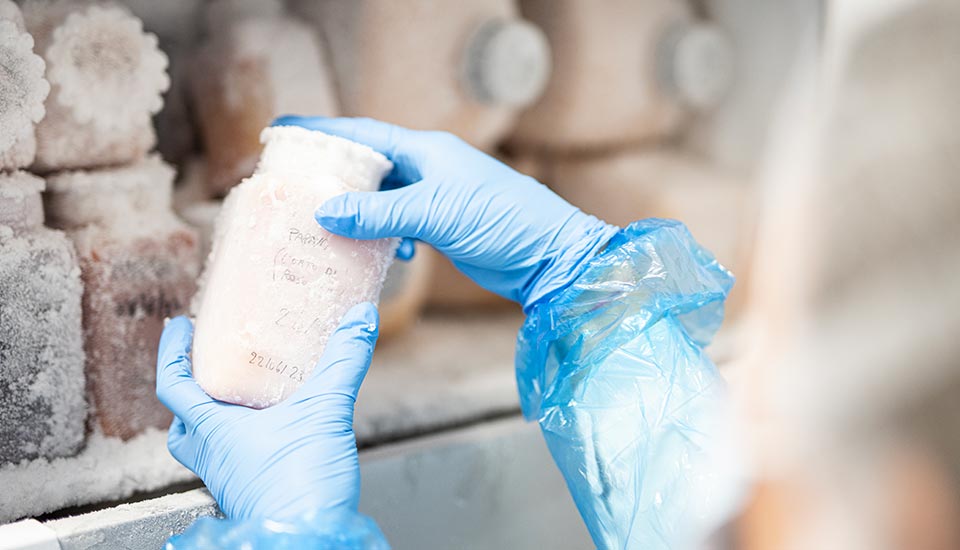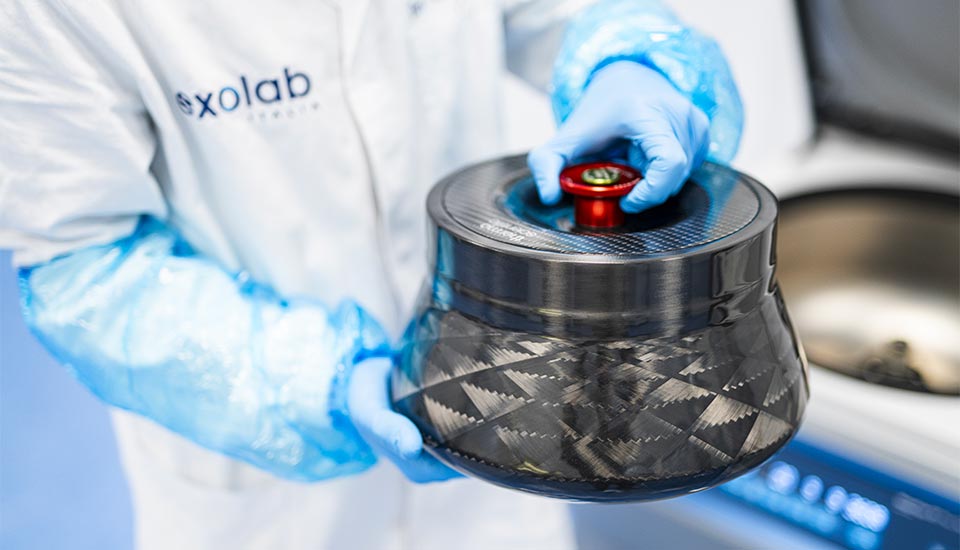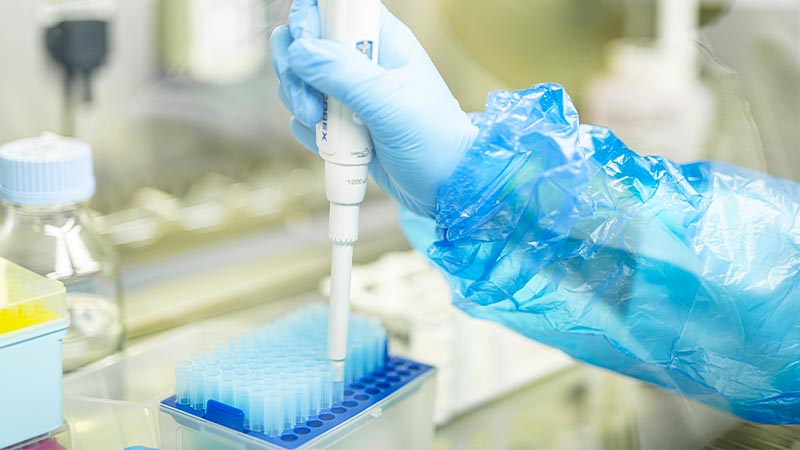Pharma
Introduction
Our focus is on the use of plant-derived exosomes as the ideal delivery system for any kind of molecules. They are extremely promising inasmuch as they represent the natural delivery system in almost all the live beings. In fact, exosomes have proven to be the natural shuttles of different molecules, including proteins, lipids and nuclei acids.
We have studied the ability of human exosomes to deliver both chemical drugs and foreign nanoparticles, showing that both molecules are efficiently delivered to target cells where they enter exploiting their effects. We have also preliminary data using plant-derived exosomes confirming their attitude to deliver any kind of molecules, using different technologies to up-load the external molecules into the exosomes.
This may represent a significant advancement in pharmaceutical nanotechnology, providing a new and more efficient technology to encapsulate and protect therapeutic molecules, while ensuring targeted and controlled release. Of course with taking into account that the natural compatibility of plant-derived exosomes with the human body minimizes the risk of adverse reactions, making them the ideal choice for cutting-edge therapies.

A breakthrough Technology
For the above reasons, actually based on scientific evidence, ExoLab Italia is pioneering the use of plant-derived exosomes for delivering newly uploaded molecules to target cells or tissues. This has been strategically thought in order to overcome the use of artificial nanoparticles (e.g. liposomes) with the purpose to improve the pre-clinical and clinical results obtained to date.

We have set up and patented different technological approaches, from electrical impulses to chemical gradients to passive transfer. All these approaches have been shown to work thus representing a real technical resource to be applied to different biological substrates. Many research lines are presently ongoing in order to test plant-derived exosomes as an ideal delivery system for different molecules, from natural to chemical. Together to representing a safe/non-toxic system plant-derived exosomesderiving from organically grown Italian fruits and vegetables, offer a new and high-performance alternative for shuttling preventing/therapeutic agents to organs and compartments of the human body.
Applications in Regenerative Medicine
This section will explore how plant-based exosomes are revolutionizing regenerative medicine by promoting tissue regeneration and enhancing therapies for a wide range of diseases. Case studies and ongoing research showcasing the potential of exosomes in this field will be presented.

Applications in Regenerative Medicine
We are realizing that plant-derived exosomes might have a key role in regenerative medicine as well. This was suggested by the amazing results we obtained in some in vitro experiments, in which it was shown that the addition of plant-derived exosomes to monolayers of human keratinocytes or fibroblasts in which a damage was induced led to a full repair of the lesion. This of course supported the use of plant-derived exosomes topromote tissue regeneration and therefore an approach directed to a wide range of diseases either acute or chronic. A series of clinical studies are ongoing aimed at demonstrating the clinical impact of this approach.
Partnerships with Multinational Companies
ExoLab Italia closely collaborates with global pharmaceutical leaders on R&D projects aimed at developing new products based on plant-derived exosomes. This section will highlight some of these projects, demonstrating how partnerships are accelerating the adoption of this technology across various applications.
Conclusions
All in all ExoLab Italia is fully involved in research aimed at developing plant-derivedexosome as new solutions for the pharmaceutical industry, in order to both increase the effectiveness and reduce toxicity of existing therapeutic molecules and propose entirely new solutions that will consider the intrinsic therapeutic potential of plant-derivedexosomes.
Our commitment to innovation, combined with the richness of Italian biodiversity, positions us uniquely to lead the shift towards safer, more effective, and environmentally friendly therapies.
